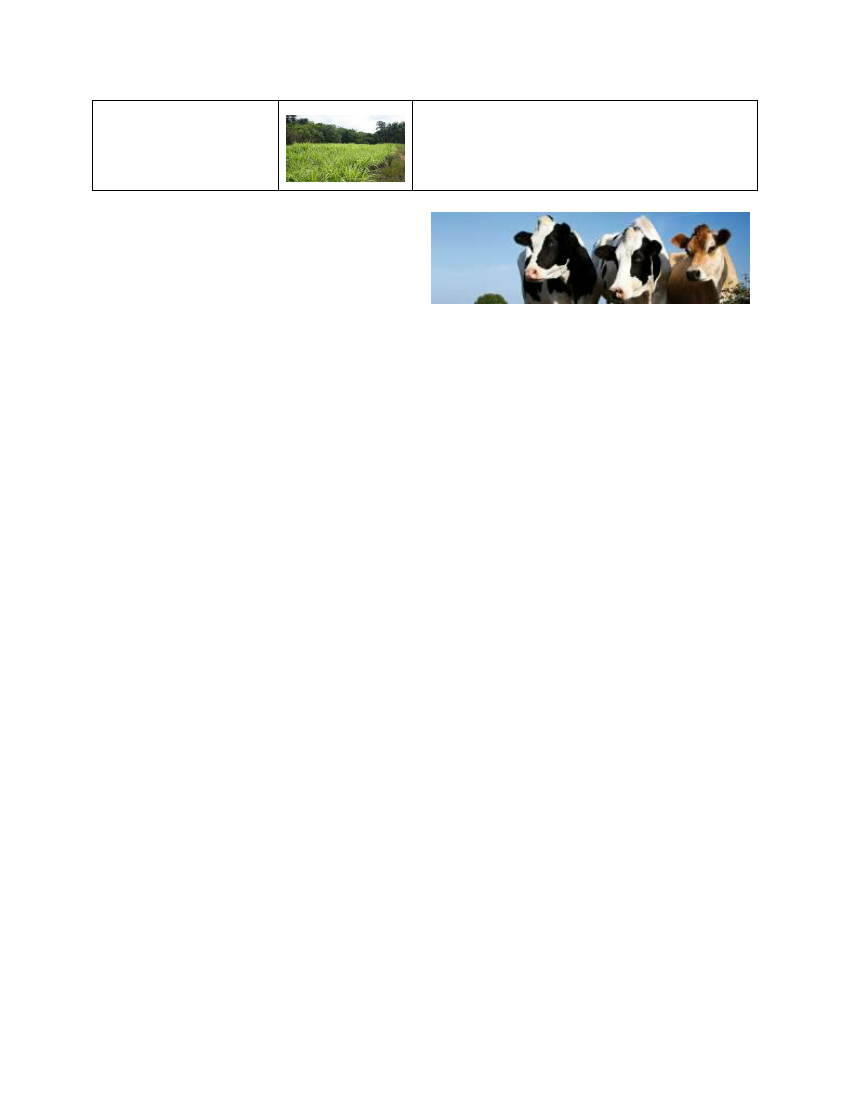
Reflections on KDSCP
COMPONENT 1
'Importantly the program has brought industry players
together (processors, PR companies & Min of Education) to
promote milk consumption and benefits via a school milk
program and road shows innovated through commercial
providers. The campaign has now been taken up by KDPA
who are investing 40 million Kshs towards milk promotion'.
Mary Munene, Dairy Value Chain Development Coordinator
COMPONENT 1
Enhanced Capacity for Milk and Production Input
Quality Certification and Market Promotion
These activities enhance the quality of inputs and products,
including advocacy measures and reviews of policy and
standards.
In order for the market to function the stakeholders must work harmoniously together. KDSCP works towards a more enabling environment
for the sector and has brought together 22 industry stakeholders to work together in a National Dairy Task Force.
The KDSCP was a timely intervention for Kenya as the industry was in disarray due to post election violence in the country. Roads were
closed, factories were not receiving milk, cows were stolen or moved and disease control impossible. The Task Force came together over a
set of common problems teased out by a program assessment of election damage. The Task Force brings together representation from
farmer-member groups, small and large processors, cooperatives, genetic members, breeders organizations, feed manufacturers, buyers,
training institutions, Government Ministries, development partners, Kenya Dairy Board and donors. The Task Force agreed the specific roles
and responsibilities required to address their interests and motivations. Sub committees were formed - taking into account any established
associations - and action plans agreed for marketing, peace and reconciliation, institutional capacity building, disease control, food security
and policy and regulation. The National Task Force and sub committees are vehicles for debate and consensus building to bring about
ownership, trust and respect. Stakeholders’ participation is key and the Task Force is the sector's means to enhance competitiveness via the
capacity building of representative bodies and institutions to identify problems and implement solutions.
This approach cascades down to a series of regional working groups and milk shed working groups established via the program. These
groups are voluntary and work to build knowledge and voice at the grassroots. In order to facilitate these groups KDSCP have worked to
understand the interests and motivation that bring people together and have assisted them to articulate their vision. These platforms have
assessed issues at the micro level and have resulted in actions to address priority constraints such as road/bridge building opportunities
being taken up by the local Community Development Fund Chairman.
The program has built the capacity of the Kenya Dairy Board (KDB) who manage the regional working group committees. In one milk shed
(South Rift) this has led to the development of a forum to revive local annual breed shows. KDSCP have helped stakeholders to meet and
articulate their agenda and also assisted to bring the local administration on board. Furthermore capacity building to articulate demand has
also led to the establishment of 16 coolers in the target milk sheds.
The program built the capacity of the Dairy Training Institute to promote quality hygiene issues and business opportunities in the sector. The
relevant Task Force subcommittee supported the development and launch of a simple code of hygiene for the sector. In a bid to bring
together relevant institutions KDSCP also facilitated the development of a do-it-yourself manual for farmers via the Ministry of Livestock and
an array of local development partners.
Via the working groups KDSCP recognized that breeding was a major issue and facilitated the Kenya Livestock Breeders Association (KLBA) to
address its own identified problems such as developing a curriculum to train the sector in breeding issues and training inspectors in animal
registration - that is ultimately paid for by the farmer. These registrations have risen from 3000- 15000 per year to date, demonstrating the
successful work of the inspectors.
Importantly KDSCP's assistance of the groups to advocate for change has led to the reduction on milk importations, better collaboration
among processors (including KCC selling 700 tons of milk powder to Brookside during the drought period) and the revival of the Kenya Dairy
Processors Association.
Regulations to harmonize the sector were also required and KDSCP assisted the Task Force to undertake a quality status study and export
milk samples for testing. This led to supporting KDB to develop good practice manuals and support in the accreditation of local laboratories
to international standards via information dissemination, sensitization and support to Kenya Bureau of Standard (KeBS). It was also
recognized that feed manufacturers/millers and their associations also required standards. Therefore the program has further facilitated
capacity building of the KeBS to development standards to assist feed formulators to develop feed to acceptable standards and thus support
the Task Force's to roll out its feed policy. The program has actively supported the mapping of fibrous fodder and subsequent feed
formulation to address the stated needs of farmers in different regions of the country. In addition KDSCP via the Task Force has worked to
harmonize regulation across COMESA countries. Developing and disseminating a sector roadmap and building industry institutions has
helped KDSCP to reach out to the sector in a sustainable manner and guide players at all levels.
38